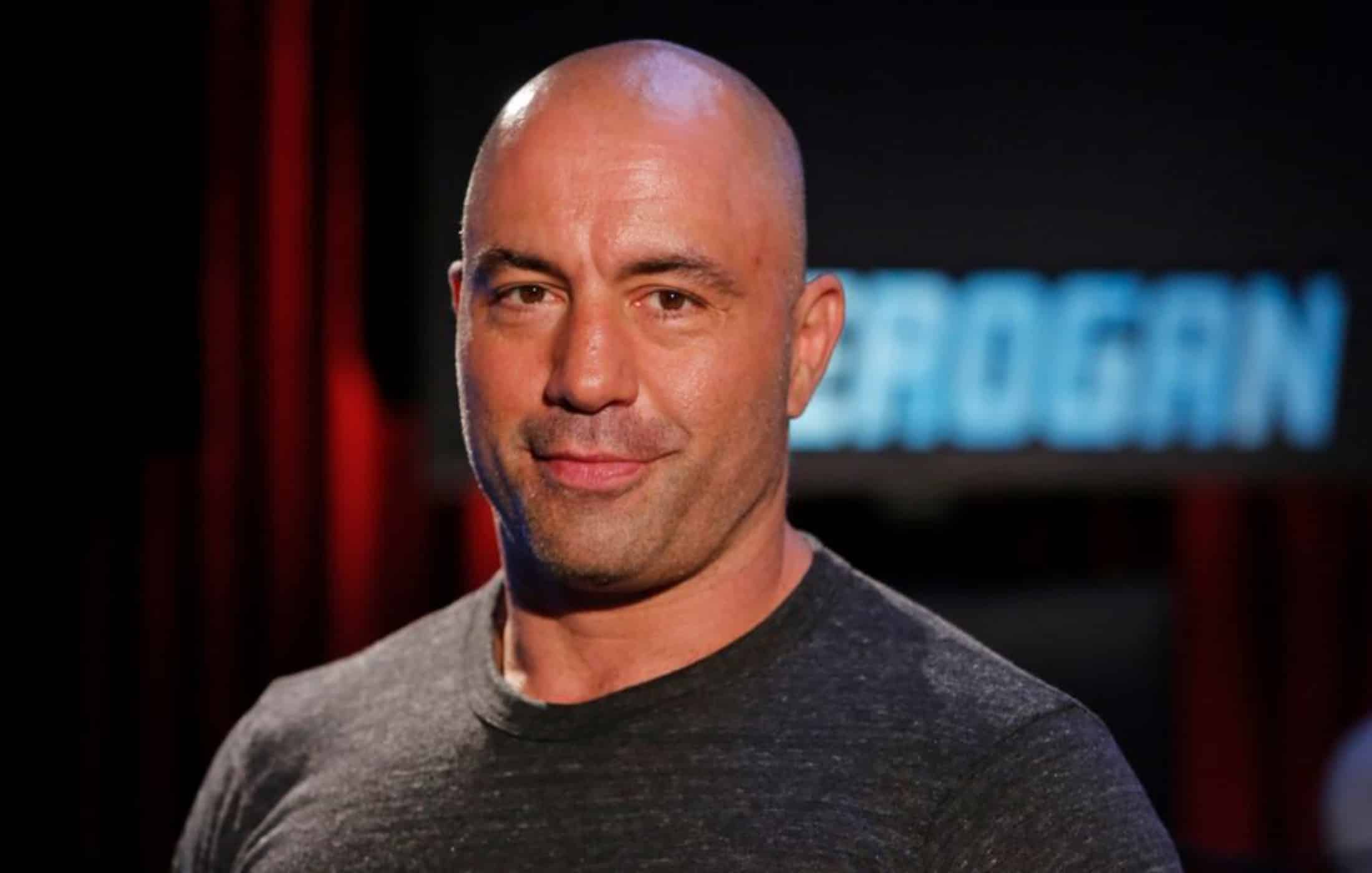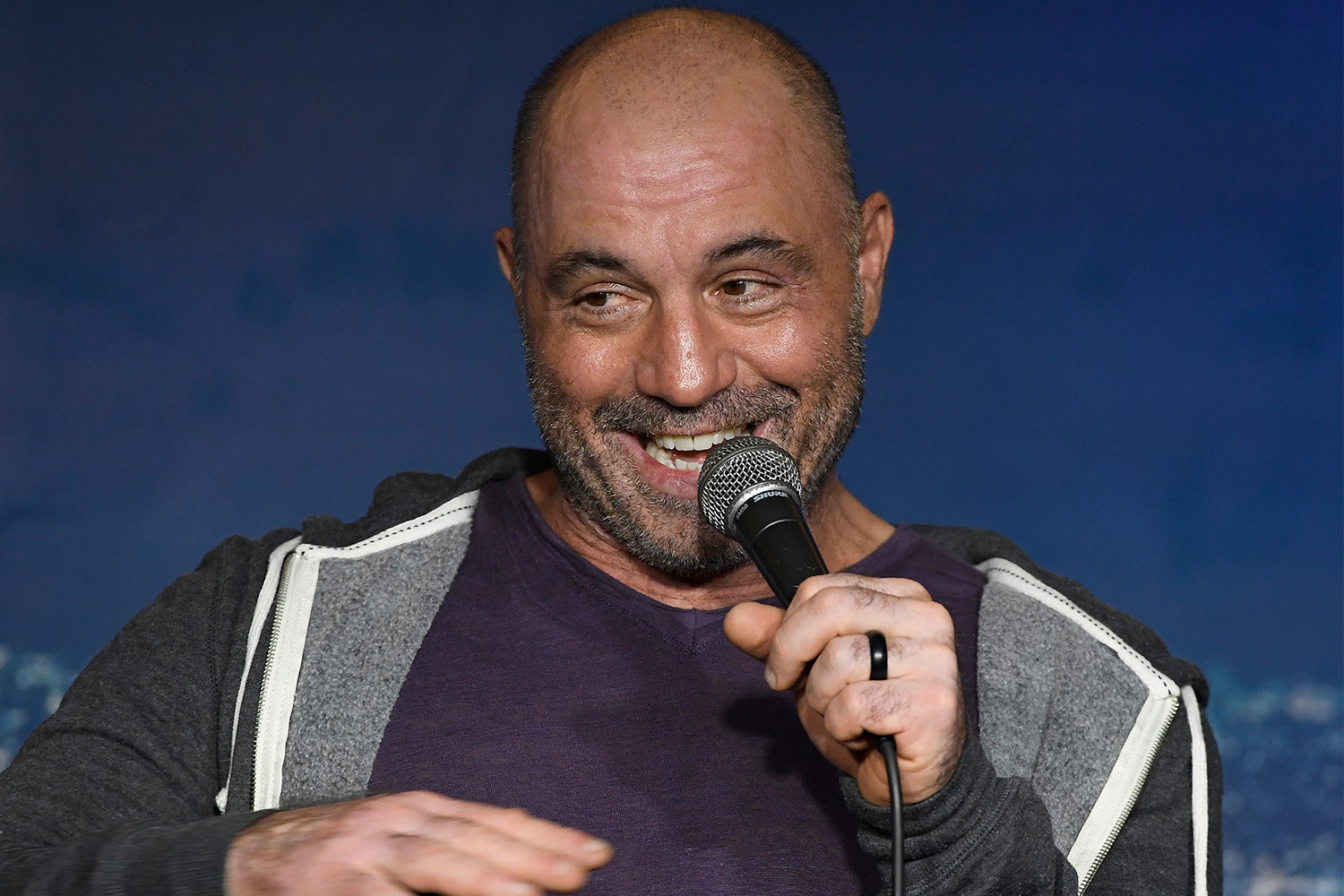Joe Rogan and the Animal Kingdom

Joe Rogan’s fascination with animals and the natural world is a well-known aspect of his personality. This passion is deeply ingrained in his being, influencing not only his podcast but also his public image. His genuine interest in the animal kingdom is evident in his frequent discussions about animals, his interactions with zookeepers and animal experts on his show, and his willingness to engage in conversations about animal behavior, conservation, and the interconnectedness of all living things.
Joe Rogan’s Animal Encounters
Rogan’s fascination with animals is evident in his frequent encounters with experts in the field. His podcast has featured numerous zookeepers, veterinarians, and wildlife biologists, providing his audience with insightful discussions about animal behavior, conservation efforts, and the challenges faced by animals in the modern world. Rogan’s curiosity and genuine interest in these topics are evident in his engaging conversations with these experts.
- Dr. Jane Goodall: Rogan has had several conversations with Dr. Jane Goodall, a renowned primatologist and conservationist. These conversations have focused on her groundbreaking research on chimpanzees, her advocacy for animal welfare, and the importance of conservation efforts.
- B.J. Novak: Rogan has interviewed comedian B.J. Novak, who has a deep interest in animals and has written a book about his experiences with them. Novak’s insights into animal behavior and his unique perspective on the human-animal relationship have resonated with Rogan’s audience.
- Richard Dawkins: Rogan has engaged in discussions with evolutionary biologist Richard Dawkins about the evolution of animal behavior, the origins of consciousness, and the relationship between humans and other species. These conversations have explored the scientific basis of animal behavior and the philosophical implications of our understanding of the animal kingdom.
The Role of Zoos in Modern Society: Zookeeper Joe Rogan

Zoos have undergone a significant transformation over the years, evolving from primarily entertainment venues to institutions dedicated to conservation, education, and research. This evolution has been driven by a growing understanding of animal welfare and the critical role zoos play in protecting biodiversity.
The Evolution of Zoos, Zookeeper joe rogan
Zoos have a long history, dating back to ancient times, when they were primarily used to showcase exotic animals for entertainment purposes. In the 19th century, zoos became more popular as scientific institutions, with a focus on collecting and displaying animals for study and research. However, these early zoos often lacked proper animal care and welfare standards, leading to concerns about animal cruelty.
In the latter half of the 20th century, there was a growing movement towards ethical zookeeping practices, driven by the recognition that animals deserve respect and humane treatment. This shift led to a focus on providing animals with enriched environments, promoting their natural behaviors, and prioritizing their well-being.
Ethical Considerations in Animal Captivity
The ethical implications of keeping animals in captivity remain a subject of debate. While zoos play a vital role in conservation efforts, there are concerns about the impact of captivity on animal welfare.
One of the main ethical concerns is the potential for psychological stress in captive animals. Animals in zoos may experience confinement, lack of space, and limited social interaction, which can lead to behavioral problems such as pacing, stereotypies, and aggression.
Another ethical concern is the potential for genetic bottlenecking in captive populations. Zoos strive to maintain genetic diversity in their animals, but the limited gene pool in captivity can lead to inbreeding and a reduced ability to adapt to environmental changes.
Approaches to Animal Care and Welfare
Zoos have adopted various approaches to animal care and welfare, ranging from traditional exhibit-based models to more progressive approaches that prioritize animal well-being.
- Traditional Exhibit-Based Model: This model focuses on showcasing animals in visually appealing exhibits, often emphasizing entertainment value. However, this approach can sometimes prioritize aesthetics over animal welfare, leading to concerns about limited space, unnatural environments, and limited opportunities for natural behavior.
- Enrichment-Based Model: This model emphasizes providing animals with stimulating environments that promote their natural behaviors. This can include providing opportunities for foraging, exploration, social interaction, and mental stimulation. Enriched environments aim to improve animal well-being and reduce stress levels.
- Conservation-Focused Model: This model prioritizes the conservation of endangered species through breeding programs, habitat restoration, and public education. Zoos play a vital role in ex situ conservation, which involves breeding animals in captivity to supplement wild populations or establish new populations in areas where they have become extinct.
The Importance of Education and Research
Modern zoos play a crucial role in educating the public about wildlife and conservation. By showcasing animals in a safe and engaging environment, zoos can inspire a sense of wonder and respect for nature.
Zoos also conduct research to better understand animal behavior, ecology, and conservation needs. This research can inform conservation efforts, improve animal care practices, and contribute to the development of new conservation strategies.
The Intersection of Entertainment and Conservation

Joe Rogan’s podcast, with its vast reach and diverse audience, presents a unique opportunity to bridge the gap between entertainment and animal conservation. By incorporating discussions about wildlife, conservation efforts, and the threats facing the natural world, Rogan can tap into his massive listenership to raise awareness and inspire action.
Joe Rogan’s Platform and Conservation
Joe Rogan’s platform, with its vast reach and diverse audience, presents a unique opportunity to bridge the gap between entertainment and animal conservation. By incorporating discussions about wildlife, conservation efforts, and the threats facing the natural world, Rogan can tap into his massive listenership to raise awareness and inspire action.
The Potential Benefits and Drawbacks of Celebrity Influence
The use of celebrity influence to promote conservation can be a powerful tool, but it’s crucial to consider both the potential benefits and drawbacks.
- Benefits: Celebrities can raise awareness about pressing conservation issues, mobilize their fan bases for action, and bring attention to under-funded or overlooked initiatives. They can also inspire people to make lifestyle changes that support conservation efforts, such as reducing their carbon footprint or choosing sustainable products.
- Drawbacks: There’s a risk of oversimplification or sensationalization of complex conservation issues. Celebrities might lack deep knowledge about specific topics, leading to inaccurate information or misinterpretations. Additionally, there’s a concern that celebrity-driven campaigns could overshadow the work of dedicated conservation professionals.
A Hypothetical Collaboration: Joe Rogan and a Wildlife Organization
Imagine a scenario where Joe Rogan partners with a renowned wildlife organization like the World Wildlife Fund (WWF) or the Jane Goodall Institute. They could co-host a special episode of the podcast focusing on a specific conservation challenge, like the plight of endangered species or the impact of climate change on wildlife habitats.
- Potential outcomes: This collaboration could lead to increased awareness about the issue, encourage donations to the organization, and inspire listeners to take action, such as signing petitions, volunteering, or adopting sustainable practices.
- Benefits for both parties: Joe Rogan gains credibility by associating with a respected organization, while the organization gains wider reach and exposure to a massive audience. This win-win scenario could contribute significantly to conservation efforts.
Comparing and Contrasting the Goals of Entertainment and Conservation
| Goal | Entertainment | Conservation |
|---|---|---|
| Primary focus | Engaging and entertaining the audience | Protecting biodiversity and natural resources |
| Methods | Storytelling, humor, sensationalism | Scientific research, habitat restoration, policy advocacy |
| Outcomes | Increased viewership, audience engagement | Preservation of species, healthy ecosystems |
Zookeeper joe rogan – Joe Rogan, the man who has captivated millions with his unfiltered conversations, has now ventured into the realm of wildlife conservation. He delves into the fascinating world of zookeeping, exploring the intricate lives of animals and the challenges faced by those dedicated to their care.
To learn more about this unique side of Rogan’s world, visit zookeeper joe rogan and witness the passion he brings to this extraordinary field.
Joe Rogan, the zookeeper of comedy, has a way of attracting the most fascinating creatures. One such beast is Kevin Meaney, a comedic force of nature whose laughter could shake the very foundations of a stand-up club. Meaney, with his infectious energy and ability to find humor in the most mundane of situations, is a true testament to the power of laughter.
Kevin Meaney is a reminder that even in the darkest of times, a hearty chuckle can be the light that guides us through. Rogan, ever the curator of comedic talent, knows this well, and continues to showcase the best of the best, including the legendary Meaney.
